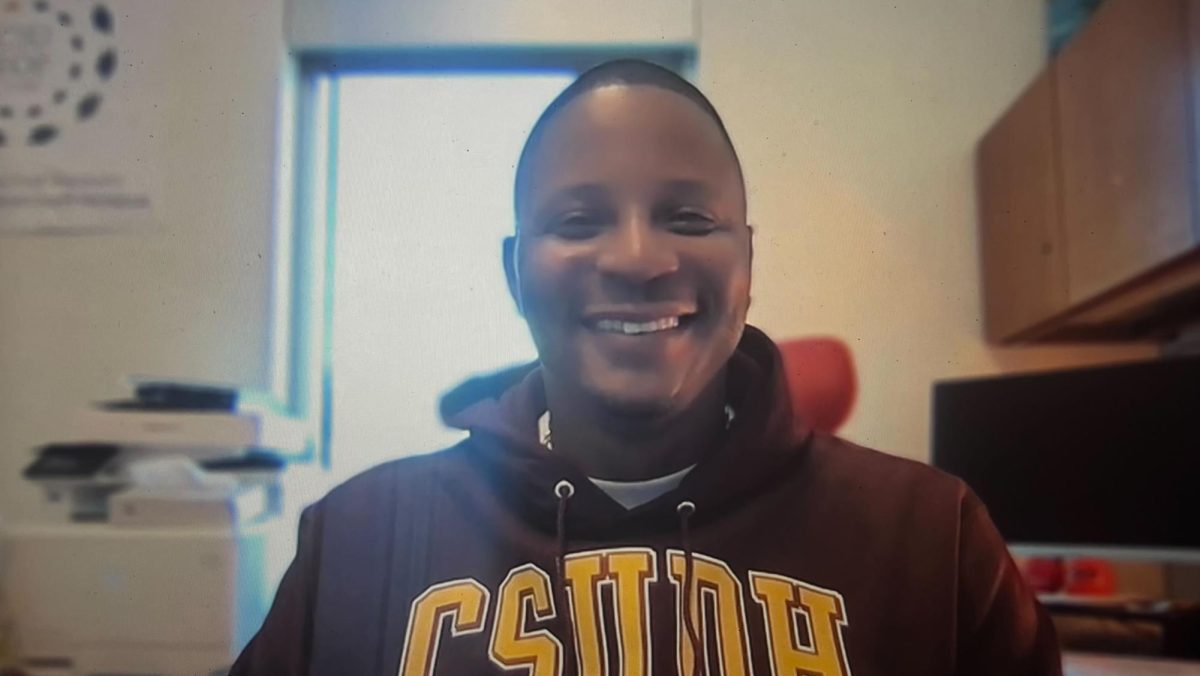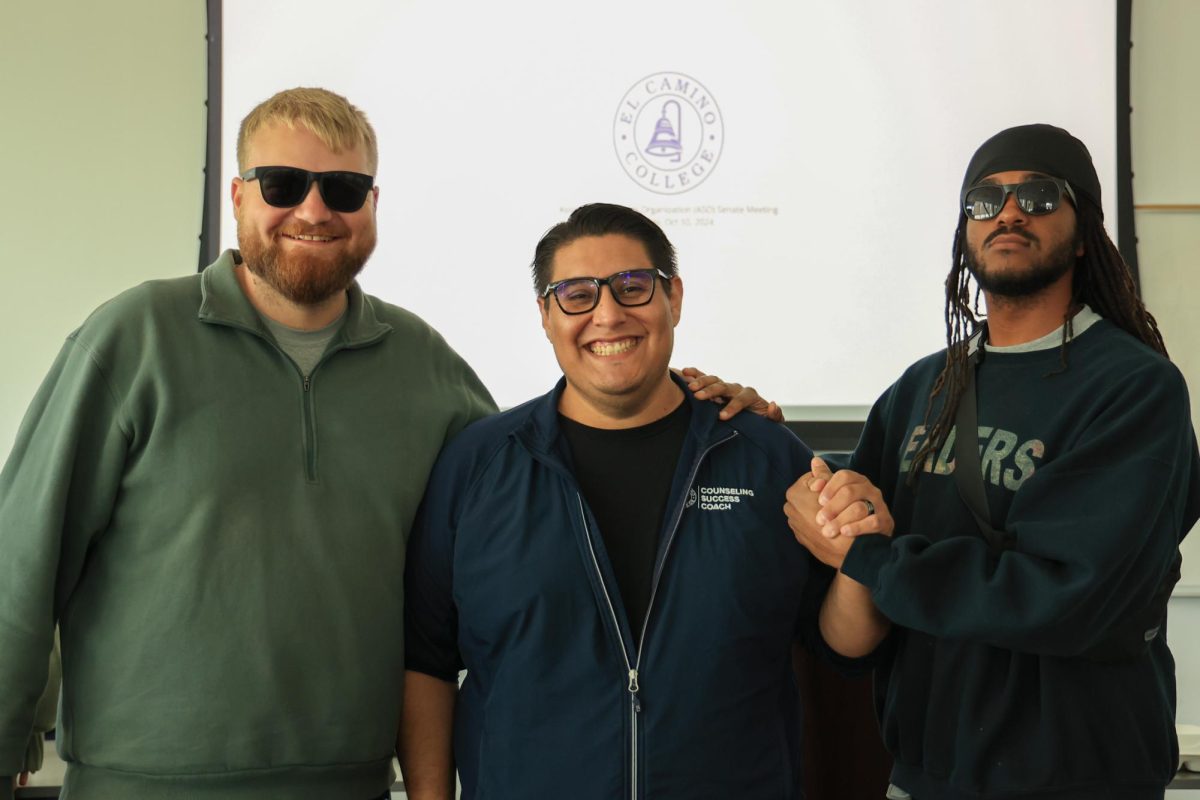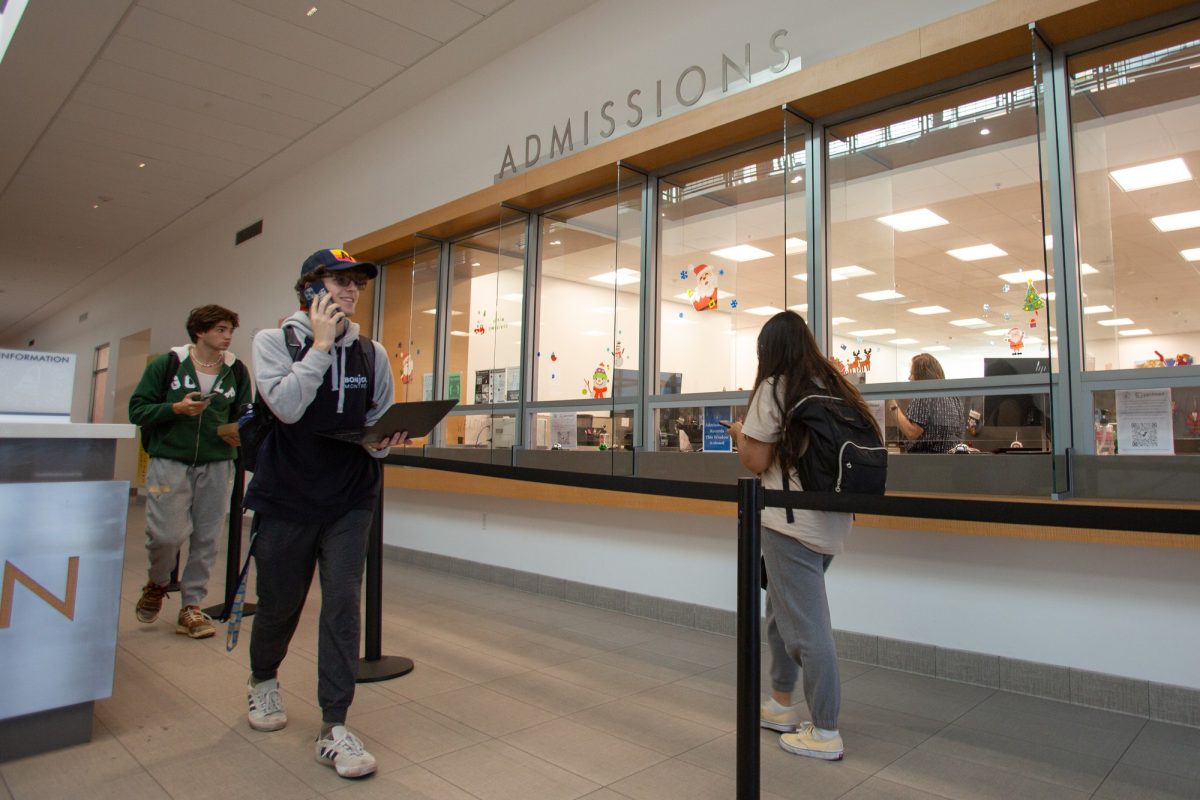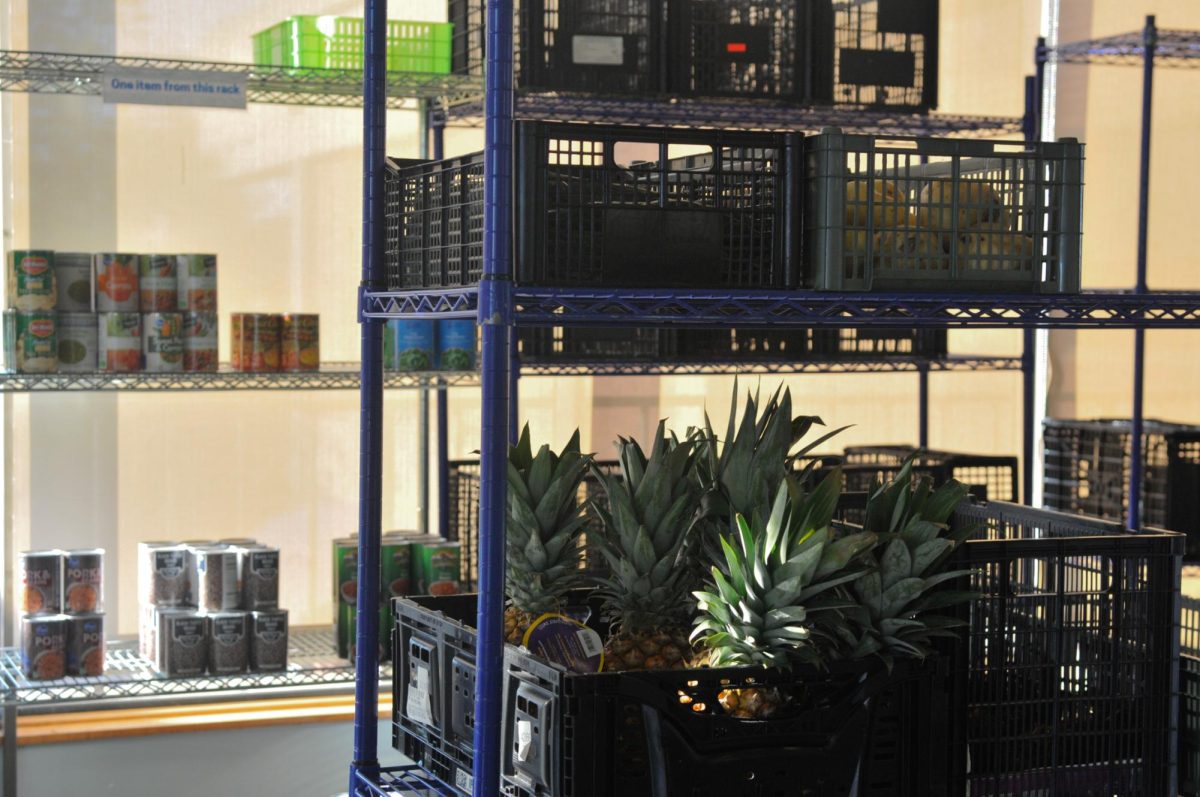After finishing a long research paper, a student decides it is time to relax and check their email. However, while trying to log in the student discovers that all the settings on the email account have been changed.
Their email account has been hacked.
Since hacking has been a growing trend in cybercrime, October was named National Cybersecurity Awareness Month, sponsored by the Department of Homeland Security (DHS) to raise awareness and protect online safety.
According to the DHS, cyber threats are one of the most serious economic and national security threats the nation faces; but the responsibility to stop this crime starts with the individual person.
“People need to be self-educated,” Monica Chaban, computer information systems professor, said. “Most people are naive and never think it will happen to them.”
There are several categories and security measures that should be considered in order to protect both personal and financial information online.
One of the most important ways to protect personal information online is to make sure the operating system on the computer is up-to-date, she added.
“People need to remember to apply these updates on a weekly basis or have them set up to automatically update,” Chaban said.
The second safeguard is to protect the equipment by using a current and licensed anti-virus, Paige Maddox, 22, computer science major, said.
Another cybersecurity tip is to create strong passwords. They should contain at least 10 characters include numbers, letters (both uppercase and lowercase) and symbols, Nick Cunningham, 20, computer science major, said.
“The longer and more complicated the password, the harder it will be to crack,” he said. “Also, don’t use the same password for every online account and remember to change passwords weekly.”
It is also suggested that people have more than one email account, a personal email for friend and family use and another “throw away” email account to use on public sites, Chaban said.
“Anyone can be a victim, inadvertently, of a malicious attack,” she said. “So we have to be prepared.”
To stay safe while searching the Internet, the person’s location should be taken into consideration. When surfing the Web on a public computer, such as in a library or at a computer lab, people should delete cookies and temporary files before leaving the computer, Chaban said.
“Personal information stays on the computer and stores as imbedded information,” Chaban said.
“If someone uses the computer after that person, they could get all their information from the browser history,” she added.
While these are just a few ways to stay safe online, people should continue to educate themselves on new defenses, Cunningham said.
“Be smart about it,” he said. “The Internet is only as safe as the person that is using it.”








